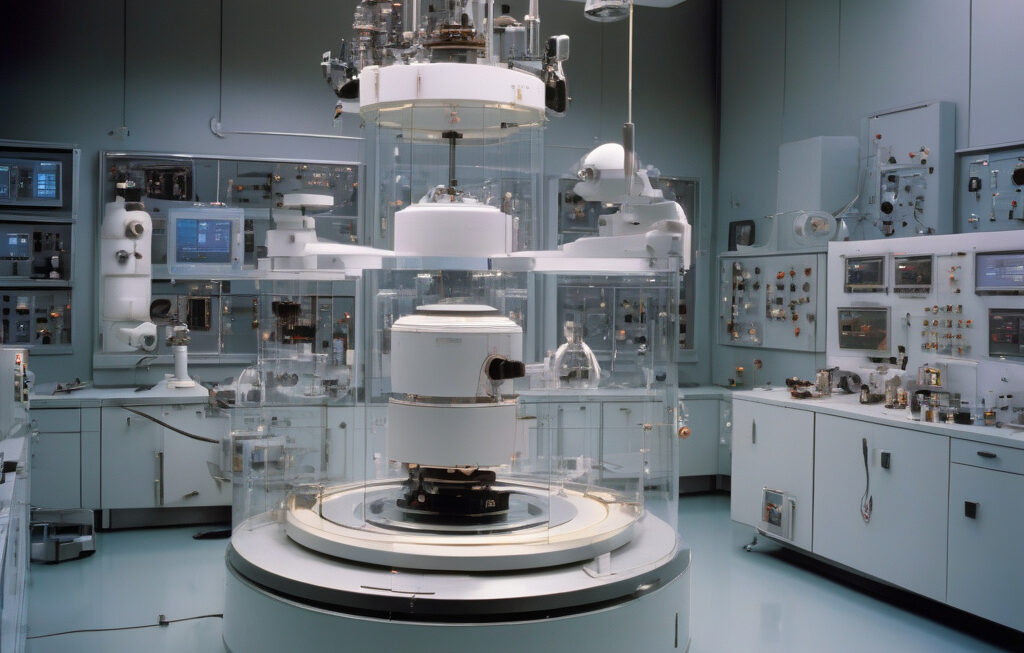US Scientists Cook Hydrogen Fuel Using New Recipe to Power Heavy-Duty Trucks
Researchers in the U.S. have developed a new catalyst that significantly improves the performance and efficiency of producing hydrogen fuel. This breakthrough could revolutionize the transportation industry, particularly in powering heavy-duty trucks. Hydrogen fuel cells have long been hailed as a cleaner alternative to traditional fossil fuels, offering zero-emission energy for various applications. However, the main challenge has been the cost and efficiency of producing hydrogen fuel. With the latest innovation from U.S. scientists, this hurdle may soon be overcome.
The newly developed catalyst enhances the process of electrolysis, which is used to split water into hydrogen and oxygen. By utilizing earth-abundant materials like cobalt and phosphorus, the catalyst demonstrates remarkable efficiency in generating hydrogen fuel. This means that the production of hydrogen fuel becomes more cost-effective and environmentally friendly, paving the way for widespread adoption in the transportation sector.
One of the key advantages of hydrogen fuel cells is their ability to provide long-range and quick refueling, making them ideal for heavy-duty trucks that require high energy density and fast turnaround times. By harnessing this new catalyst, trucking companies could potentially reduce their carbon footprint significantly while improving operational efficiency. The use of hydrogen fuel cells in heavy-duty trucks can also help address air pollution and noise levels in urban areas, contributing to a cleaner and quieter environment.
Moreover, the sustainability aspect of hydrogen fuel production cannot be overlooked. Unlike fossil fuels that contribute to greenhouse gas emissions and environmental degradation, hydrogen fuel is a clean energy source that only emits water vapor and heat when consumed. By investing in technologies that enhance the production of hydrogen fuel, the U.S. can make significant strides towards achieving its climate goals and transitioning to a low-carbon economy.
In addition to powering heavy-duty trucks, hydrogen fuel cells have the potential to revolutionize various industries, including maritime transport, aviation, and stationary power generation. The versatility of hydrogen as an energy carrier makes it a promising solution for decarbonizing sectors that are challenging to electrify with traditional batteries. As countries around the world ramp up their efforts to combat climate change, hydrogen fuel cells emerge as a key player in the transition to a sustainable energy future.
As the demand for cleaner and more efficient transportation solutions continues to grow, innovations like the new catalyst developed by U.S. scientists will play a crucial role in driving the adoption of hydrogen fuel technology. By addressing the challenges of cost and efficiency in hydrogen fuel production, researchers are opening up new possibilities for the widespread use of fuel cells in heavy-duty trucks and beyond. The future of transportation is evolving, and hydrogen fuel is poised to lead the way towards a greener and more sustainable tomorrow.
In conclusion, the groundbreaking work of U.S. scientists in cooking up a new recipe for hydrogen fuel production marks a significant milestone in the quest for clean and renewable energy sources. By leveraging innovative catalysts and sustainable technologies, the transportation industry can embrace a future powered by hydrogen fuel cells, offering a cleaner and more efficient alternative to traditional fossil fuels.
hydrogen fuel, heavy-duty trucks, sustainability, transportation industry, U.S. scientists












